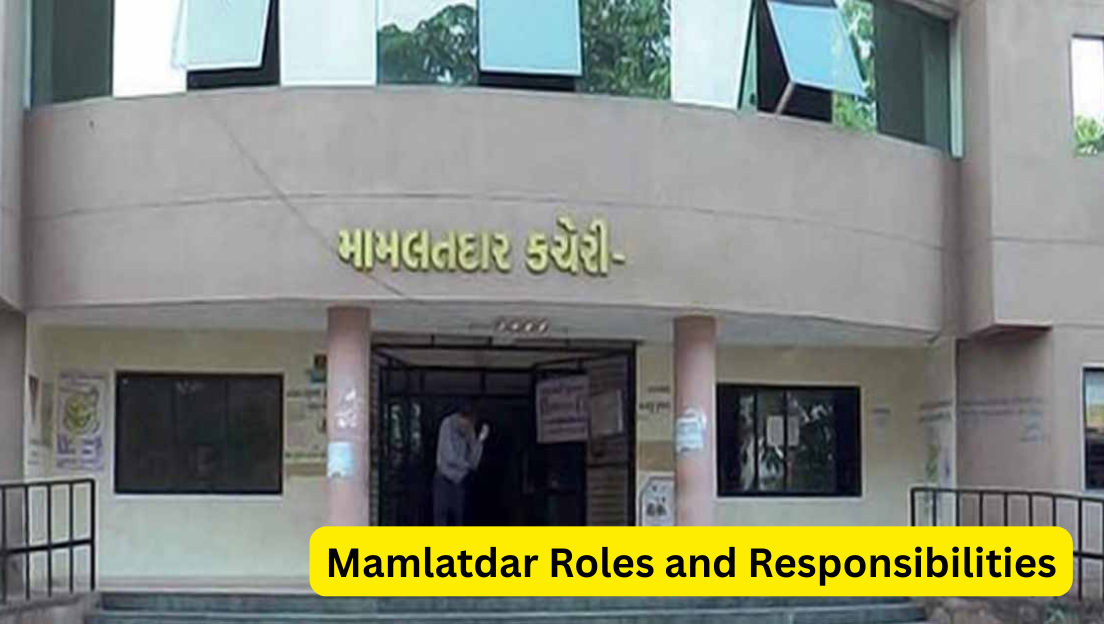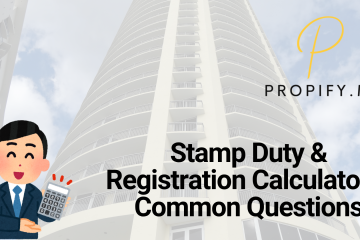
What is a Mamlatdar? Understanding Their Roles and Responsibilities
What is a Mamlatdar? Understanding Their Roles and Responsibilities
Who is a Mamlatdar?
A Mamlatdar is a government official appointed by the state to oversee the administration of a taluka, which comprises several villages. The term "Mamlatdar" is derived from the Arabic word "Muamla," meaning a matter or case, indicating the official's role in handling various administrative matters. In Gujarat, Mamlatdars are gazetted officers appointed under Section 12 of the Gujarat Land Revenue Code and also serve as executive magistrates under Section 20 of the Indian Criminal Procedure Code, 1973
What are the Primary Roles of a Mamlatdar?
The Mamlatdar serves as the head of revenue administration in a taluka and is responsible for:
- Supervising revenue personnel.
- Maintaining and updating land records.
- Ensuring the protection of government land from encroachments.
- Collecting land revenue and other government dues.
- Issuing various certificates to citizens.
- Coordinating with other departments for the implementation of welfare schemes.
How Does a Mamlatdar Contribute to Revenue Administration?
In revenue administration, the Mamlatdar's responsibilities include:
- Overseeing the collection of land revenue.
- Ensuring accurate maintenance of land records.
- Preventing unauthorized occupation of government land.
- Recovering dues from defaulters.
- Implementing provisions of the Gujarat Land Revenue Code.
What is the Mamlatdar's Role in Law and Order?
As an executive magistrate, the Mamlatdar plays a crucial role in maintaining law and order within the taluka. This includes:
- Coordinating with police and other law enforcement agencies.
- Ensuring peace during festivals and public gatherings.
- Addressing minor disputes and conflicts.
- Implementing measures during emergencies to maintain public safety.
How Does a Mamlatdar Facilitate Public Welfare Schemes?
The Mamlatdar is instrumental in the execution of various welfare schemes, such as:
- Disbursing benefits under the National Family Benefit Scheme.
- Implementing schemes for widows, senior citizens, and disabled individuals.
- Overseeing the Public Distribution System (PDS) for ration distribution.
- Monitoring the Mid-Day Meal Scheme in schools.
What is the Mamlatdar's Involvement in Elections?
In the electoral process, the Mamlatdar serves as:
- Assistant Electoral Registration Officer, responsible for updating electoral rolls.
- Assistant Returning Officer during elections, overseeing polling and counting processes.
- Ensuring adherence to the Model Code of Conduct during elections.
How Does a Mamlatdar Support Disaster Management?
In times of natural calamities or disasters, the Mamlatdar's duties encompass:
- Coordinating relief and rehabilitation efforts.
- Assessing damage and facilitating compensation.
- Ensuring the provision of essential services to affected populations.
- Collaborating with disaster management authorities for effective response.
What Certificates are Issued by a Mamlatdar?
The Mamlatdar's office is authorized to issue various certificates, including:
- Caste certificates (SC/ST/OBC).
- Income certificates.
- Domicile and residence certificates.
- Solvency and character certificates.
- Certificates for small and marginal farmers.
How Can Citizens Approach the Mamlatdar Office?
Citizens can approach the Mamlatdar's office for services related to land records, certificates, and welfare schemes. Applications can be submitted in person or through online portals provided by the respective district administrations. For instance, the Surat district's Mamlatdar office details can be found on their official website
The Mamlatdar plays a pivotal role in the administration of a taluka, bridging the gap between the government and the citizens. Their multifaceted responsibilities ensure the effective implementation of government policies, maintenance of law and order, and delivery of essential services to the public. Understanding the functions of the Mamlatdar can empower










